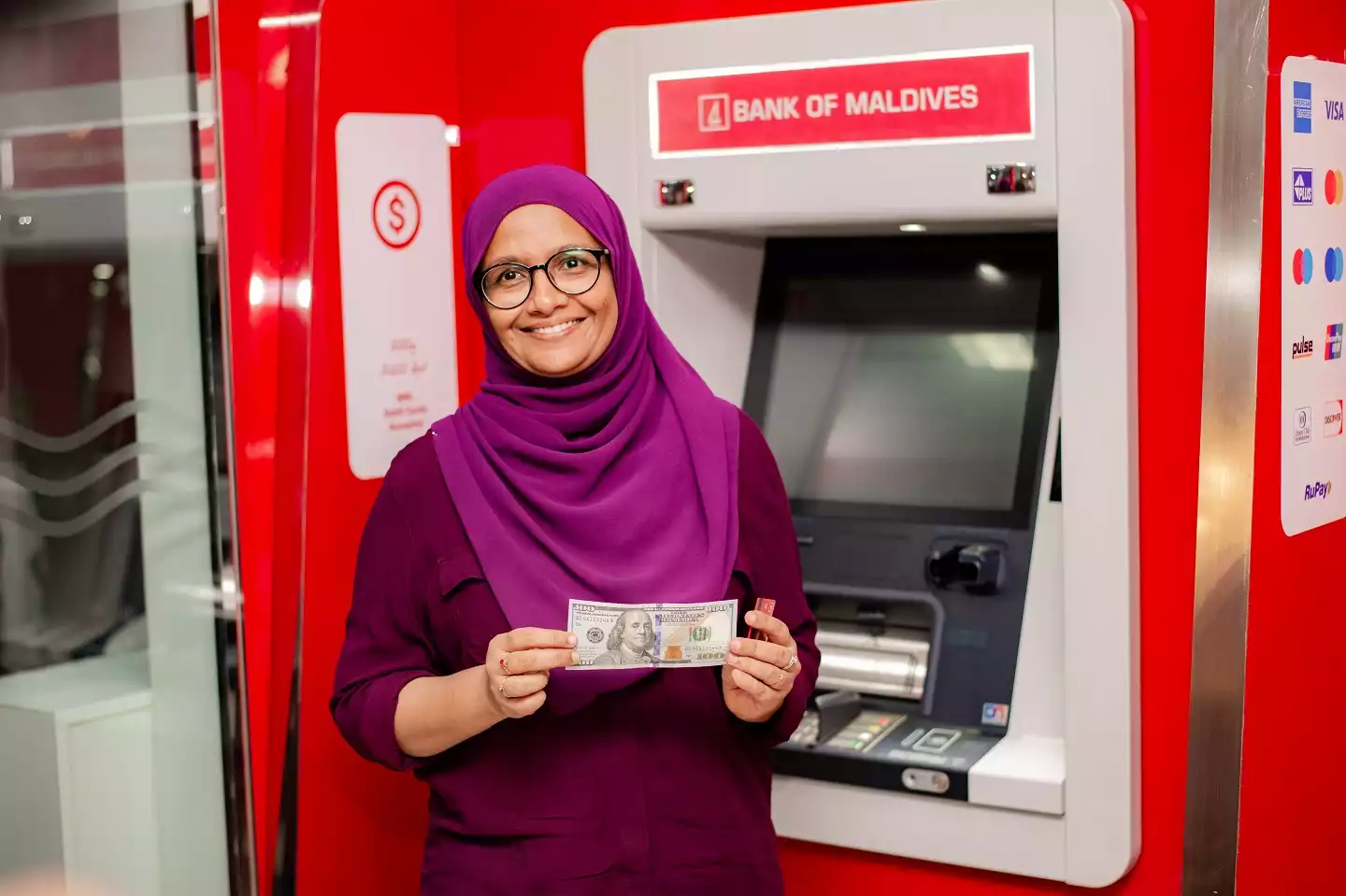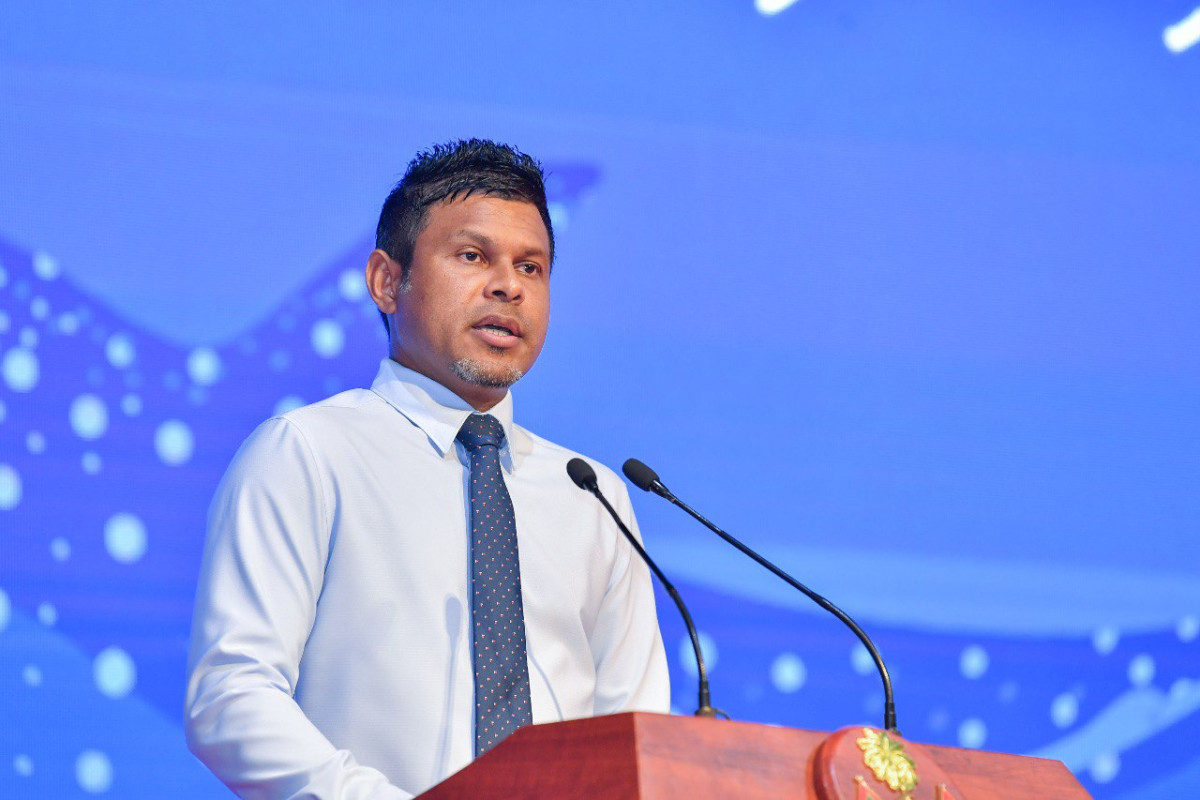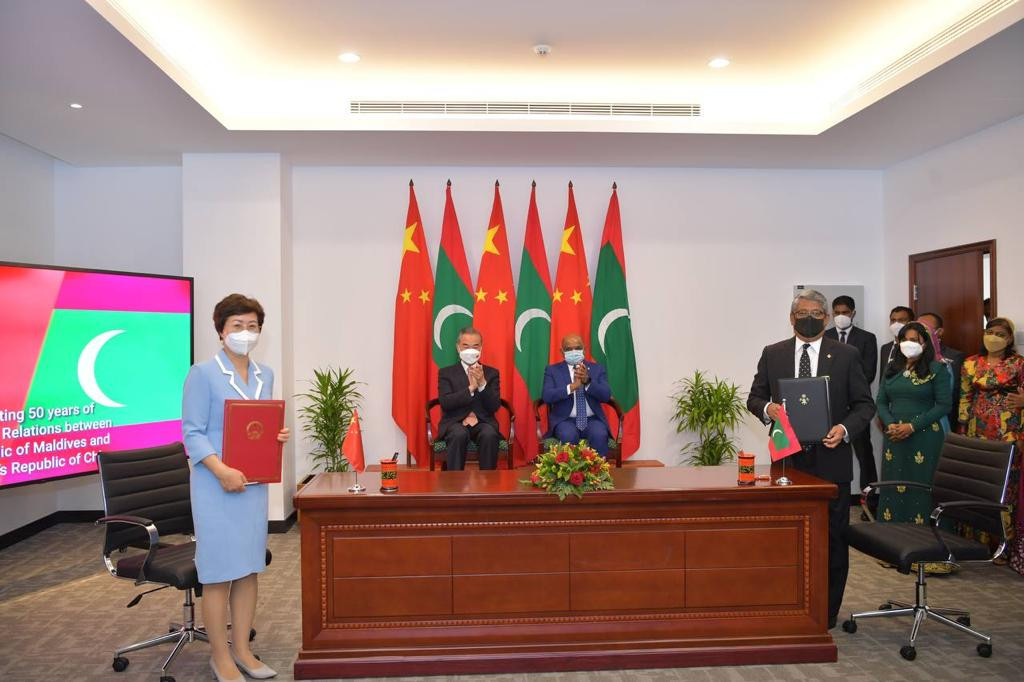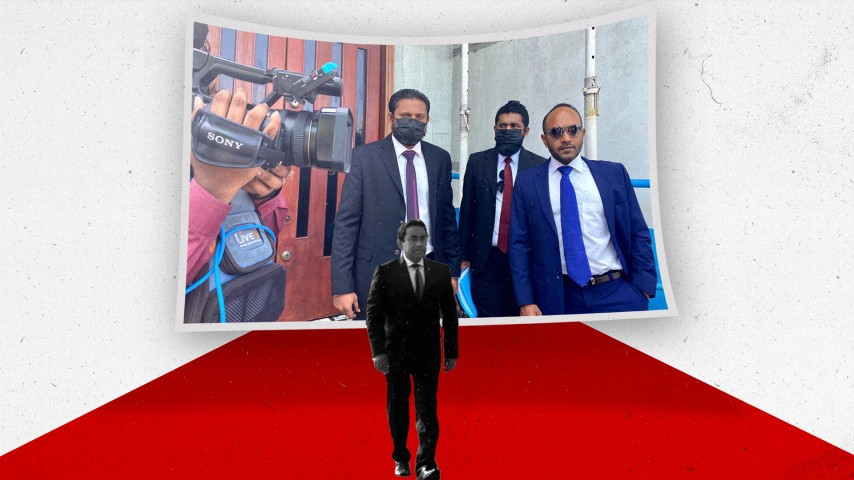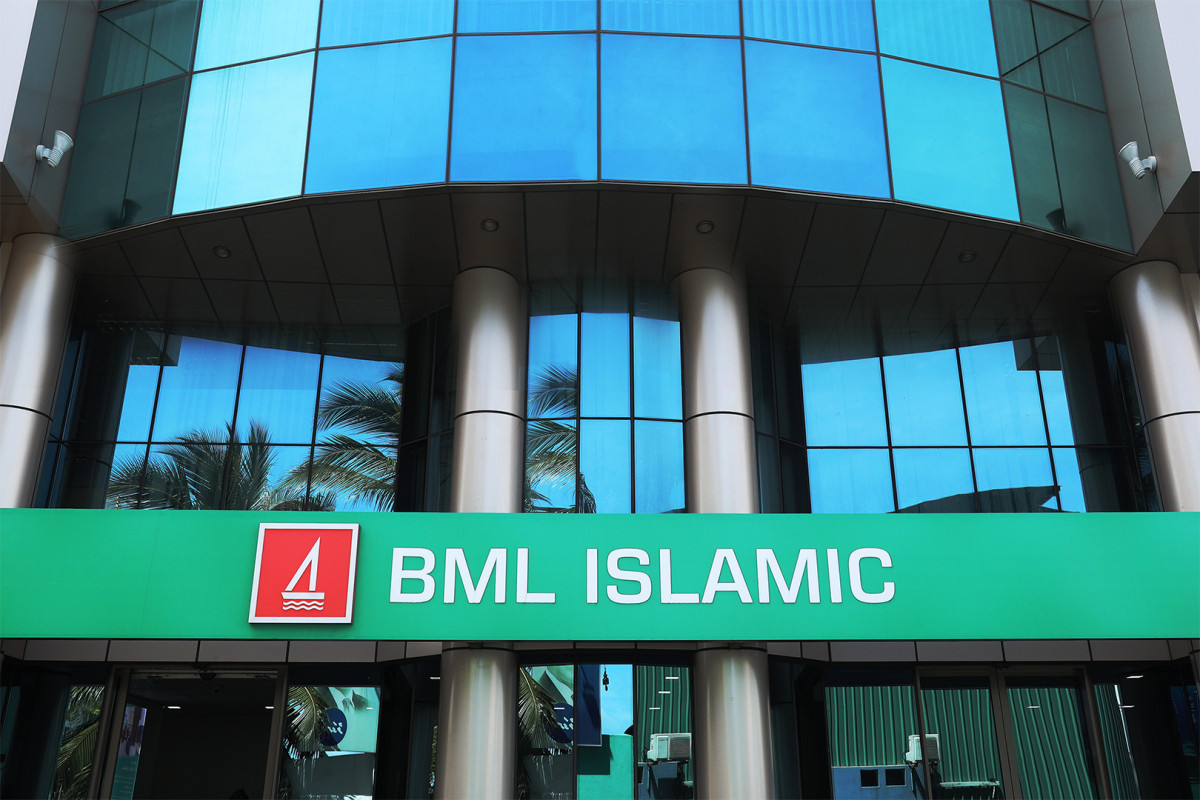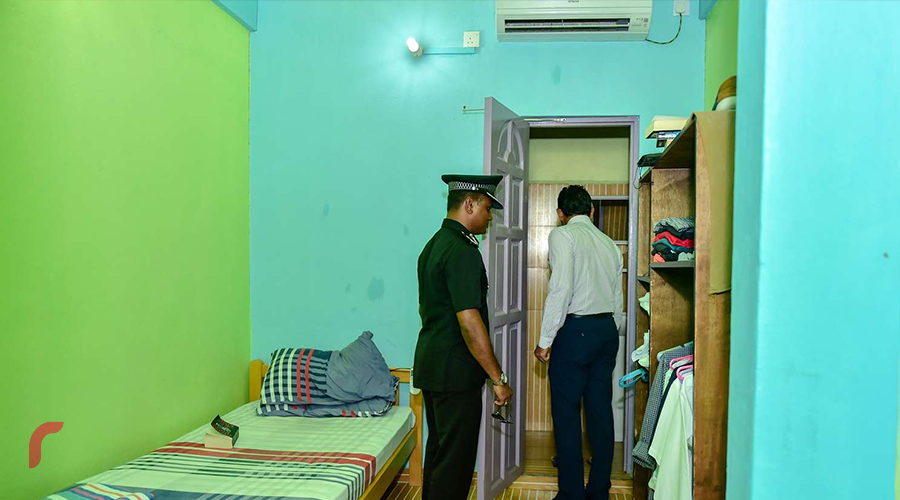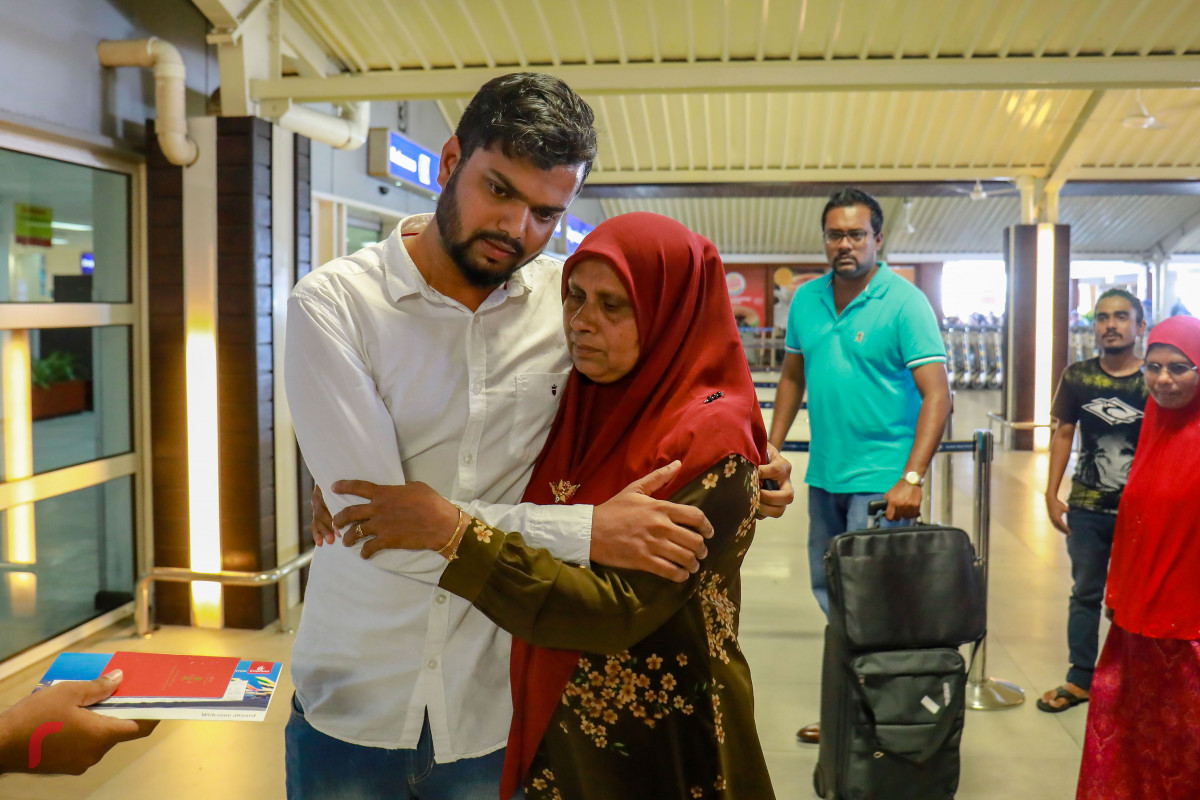Rilwan's disappearance: DDCom seeks info reg. key piece of evidence, offers MVR 500,000
DDCom has requested for public assistance regarding a knife as well as Rilwan's disappearance, offering MVR 500,000 for information
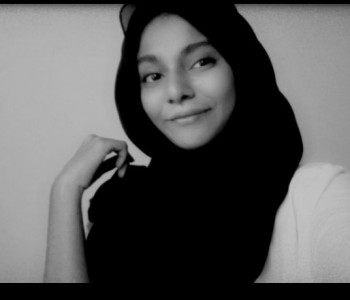
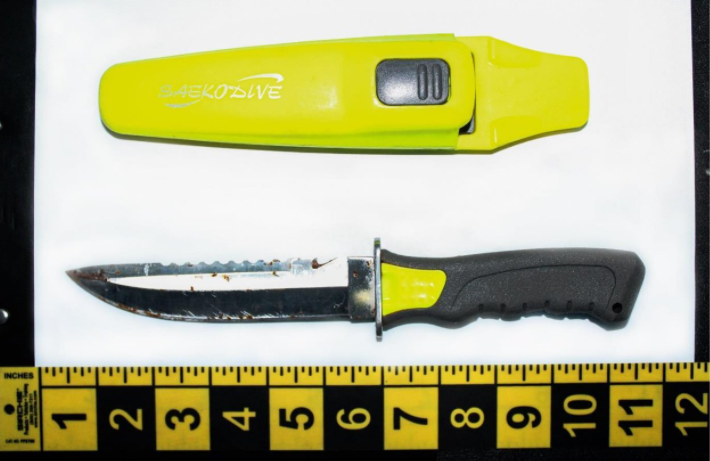
Knife, dropped on the road by one of the assailants that had forced an individual into a car near Rilwan\'s residence on the night of his disappearance
The Presidential Inquiry Commission on Enforced Disappearances and Deaths (DDCom) has called for public assistance in acquiring information relating to the 2014 disappearance of journalist Ahmed Rilwan.
The DDCom in a press release on Monday asked for information in relation to a key piece of evidence in question; a knife, dropped on the road by one of the assailants that had forced an individual into a car near Rilwan's residence in the capital's suburban district Hulhumale' in the early hours of 8 August 2014, the night of the journalist's disappearance.
The stainless steel 'Saekodive' brand knife had been taken in by police as evidence from the scene.
The DDCom has offered an incentive of MVR 500,000 for any member of the public who may provide additional information about the knife, or in relation to the enforced disappearance and murder of Rilwan.
In their press release, the DDCom went on to reassure that the identity and safety of informants would be preserved should they choose to come forward with details that may aid the commission's investigation into Rilwan's disappearance.
The commission has asked members of the public who wish to share information with them in relation to this case to attend the commission in person, or to contact them through their phone number 7390841, which will also be accessible via WhatsApp, Viber, Telegram and Signal.
Serving justice in the journalist's disappearance and murder had been a critical electoral pledge for President Ibrahim Mohamed Solih during the presidential elections of 2018.
Rilwan was last seen purchasing a ticket to the Hulhumalé ferry from capital city Malé, on 8 August 2014. Two years later in 2016, the police had confirmed that Rilwan was abducted and that one of the men caught trailing Rilwan on CCTV footage had been identified as Mohamed Suaid, who was arrested but released by the Criminal Court in November 2014. Him and Aalif Rauf, a brother of one of the suspects in the case had been pronounced dead in battle, after having left to Syria shortly after.
The DDCom confirmed in 2019 that Rilwan had been killed by an extremist group. No meaningful progress has been achieved in investigating Rilwan's murder, despite the commission having substantiated in 2018 that Rilwan's forced disappearance was linked to two other high-profile politically motivated murders in the Maldives; the 2012 murder of parliamentarian Dr. Afrasheem Ali, and the 2017 stabbing of Rilwan’s close friend and democracy activist Yameen Rasheed.
The state recently hired a foreign investigator to assist the commission in the case.
Last week, the state appointed lawyer Fareesha Abdulla, a member of the Presidential Inquiry Commission on Enforced Disappearances and Deaths, as the president of the commission.
In her capacity as member of the DDCom, Fareesha has previously revealed that work on critical cases by the DDCom was being hindered by failure on behalf of some institutions to contribute to and do their part in the investigation. Fareesha noted last year that some institutions had failed to preserve key evidence in relation to cases being investigated by DDCom, and that the commission itself was not satisfied with their progress on the cases.
Fareesha's reference to ineffective institutions is an echo of public opinion on the matter, with Rilwan's family also maintaining that guilty parties had taken deliberate measures to hinder and influence the state's investigation into Rilwan's murder and other related cases.
